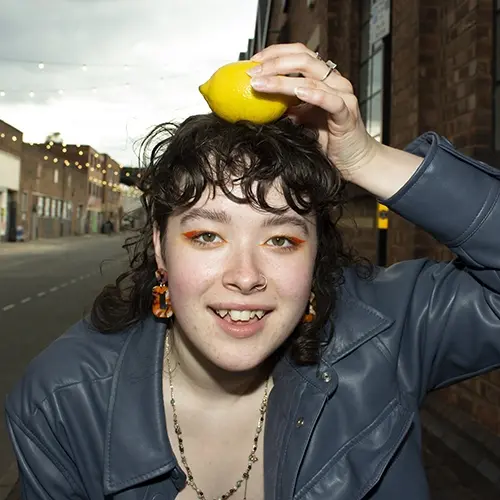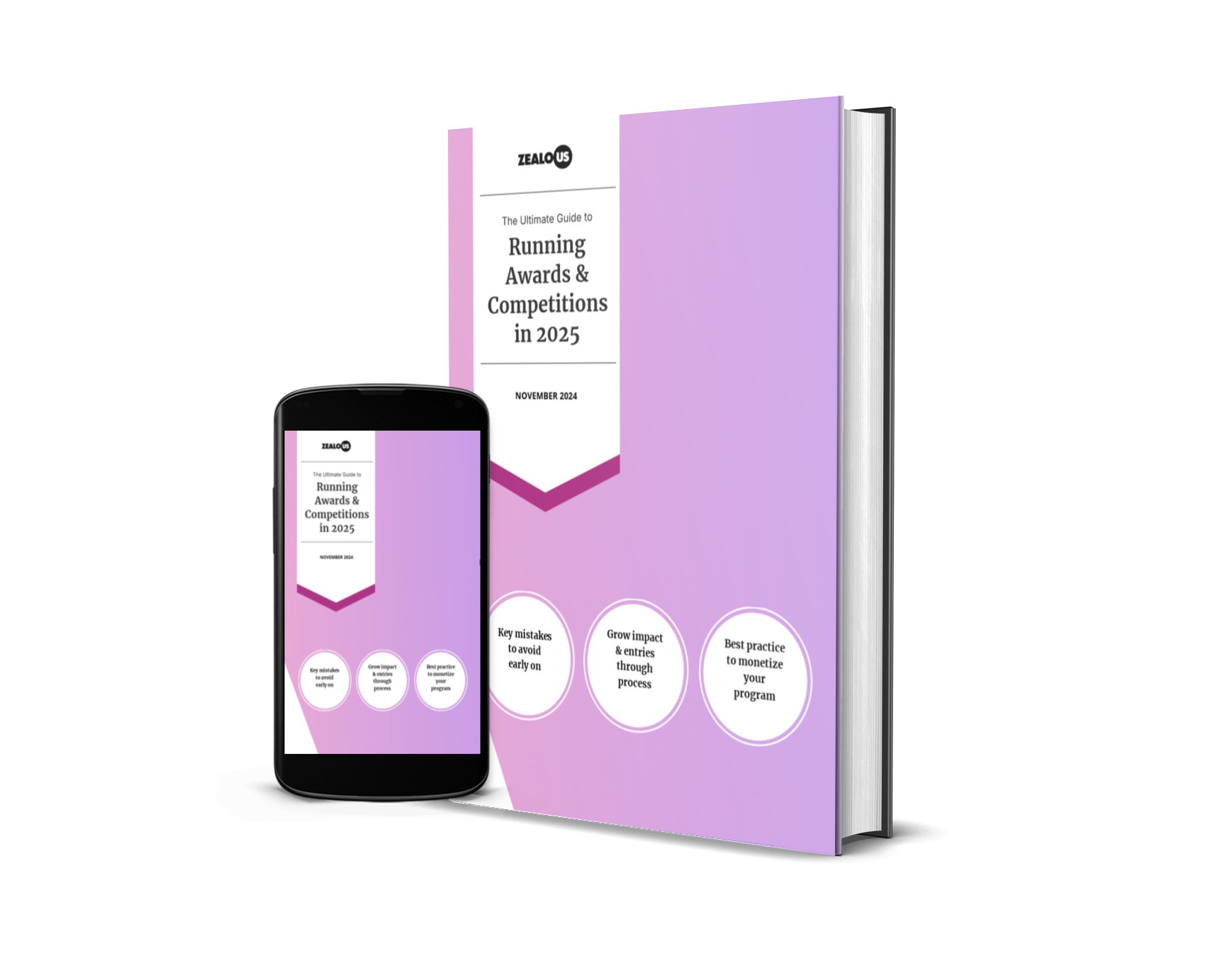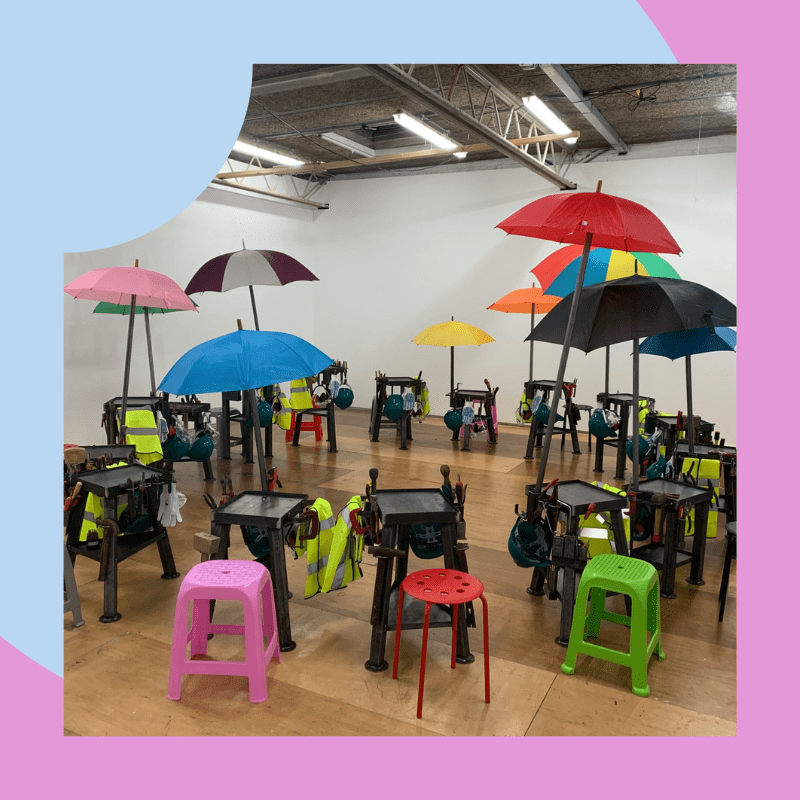Congratulations on winning the public vote award for Zealous Amplify: Environment! What is the main inspiration for your practice?
My inspiration is deeply rooted in my own lived experience as a disabled and neurodiverse artist. One significant part of my artistic mission is to explore the concept of Resting, Slowing Down, and Doing Less as a powerful means to combat climate change. By questioning the societal norms of consumerism and hyper productivity, I aim to offer Rest as an antidote to these destructive practices. I also actively consider themes of wellbeing and self-care within my practice, specifically focusing on how artists with disabilities and caring responsibilities can maintain thriving and exciting art practices.
In my work, public engagement, collaboration, and playfulness hold pivotal roles. I believe in the power of co-creation and incorporate diverse processes and mediums to create immersive and interactive artworks. Additionally, I am committed to using found and recycled materials, promoting sustainability through artistic expression.
My practice also delves into ideas of Inclusion, Access, and Rest, challenging the capitalist constructs of Grind Culture and Over Working. Through acts of gentle protest and creative activism, I seek to test and transcend perceived boundaries of art. I find inspiration not only within the art world but also in non-art disciplines such as mindfulness and somatic experiences.
Your winning project ‘Social Gardening (The Mind At Rest)’ is a filmic exploration that delves into the profound act of resting in nature. What do you see as the relationship between nature and mental wellbeing?
The relationship between nature and mental wellbeing is profound and multifaceted. Nature has a remarkable ability to positively impact our mental health and overall sense of wellbeing in various ways.
Spending time in natural environments can reduce stress levels and promote relaxation while connecting with nature fosters a sense of mindfulness and presence in the moment. Being surrounded by nature encourages us to engage our senses fully, grounding us in the present and allowing us to appreciate the beauty and wonder of the world around us. It also provides us with a sense of connection and reminds us of our place within the larger ecosystem and our interconnectedness with all living beings. This sense of connection can foster feelings of gratitude, purpose, and belonging, which are essential components of mental wellbeing. The relationship between nature and mental wellbeing is symbiotic and essential as it offers us solace, serenity, and a sense of connection, providing a powerful antidote to the stresses and strains of modern life. By prioritising time spent in nature, we can nurture our mental health and cultivate a greater sense of balance, harmony, and inner peace.
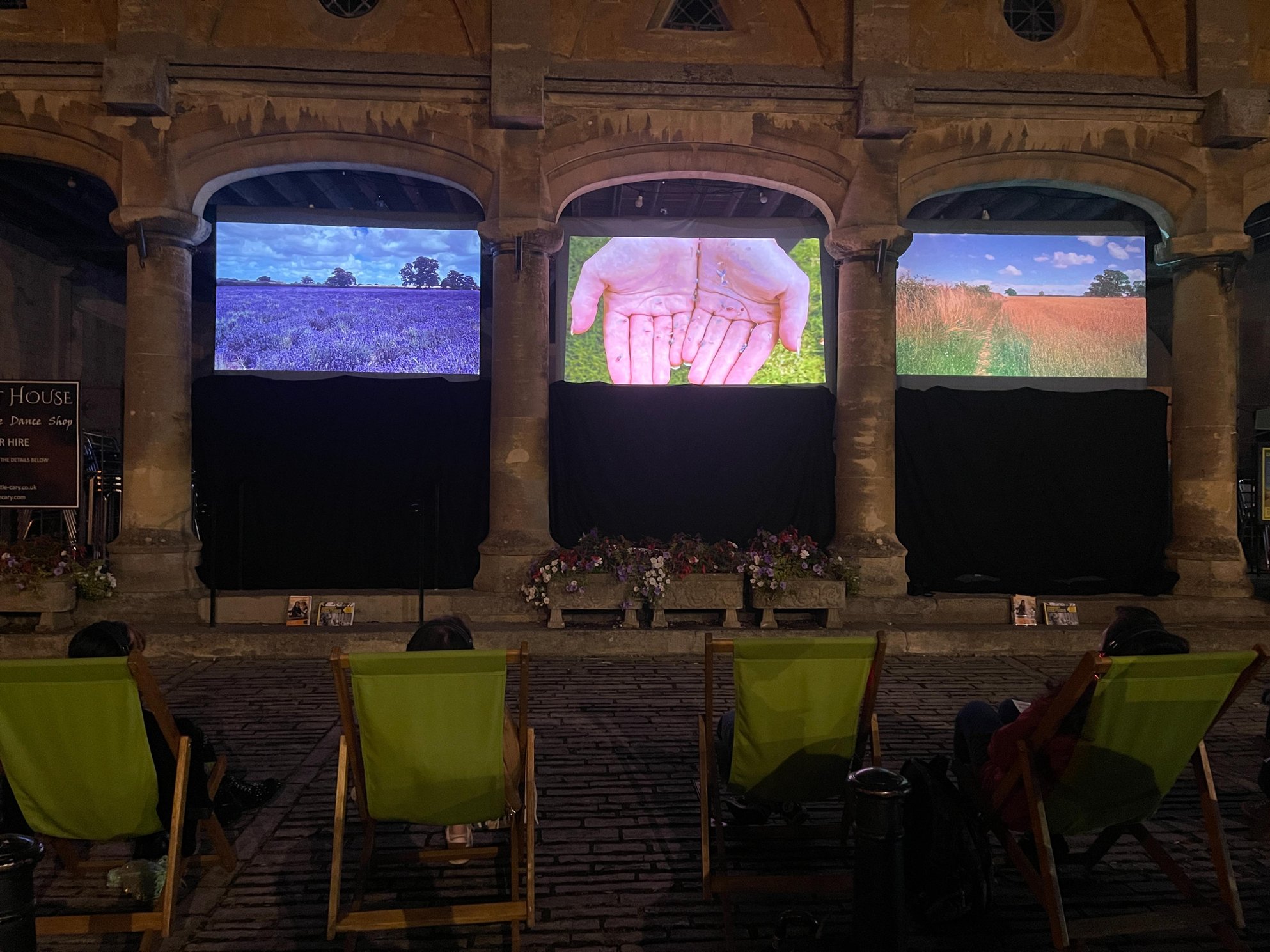
Which of the three experiences resonates with you the most?
The experience offered by the main, middle film resonates with me the most due to its dreamlike quality and the captivating sound that aims to draw the viewer down into a restful state. I view it as being akin to Alice going down the Rabbit Hole, leaving the worries and stresses of the adult world behind. The film endeavours to create an experience that disengages our everyday mind and leads us into our child-like, playful subconscious mind. This journey into a tranquil and imaginative realm resonates deeply with me, as it offers a temporary escape from the complexities of life and invites us to rest a while in a sense of wonder and introspection.
You talk often about embracing gentle protest and creative activism. What conversations are you hoping to start with your practice?
The film installation is part of a larger body of work titled, ‘Rest as Protest’ which is maybe more of a political movement than a project. My aim is to open up conversations around the human and environmental cost of living under the capitalist imprints of hyper-productivity, grind culture, and consumerism and advocate instead for a more balanced and compassionate approach that prioritises the well-being of individuals, communities, and the planet at large.
By emphasising themes of rest and slowing down, I strive to highlight the significance of sustainability not only in environmental practices but also in social and cultural contexts. This movement seeks to challenge the status quo by inviting reflection on the ways in which our societal norms impact both human wellbeing and ecological balance. By encouraging a shift towards a more mindful and sustainable way of living, I hope to foster conversations around redefining success, reimagining progress, and cultivating a world where rest, compassion, and creativity thrive.
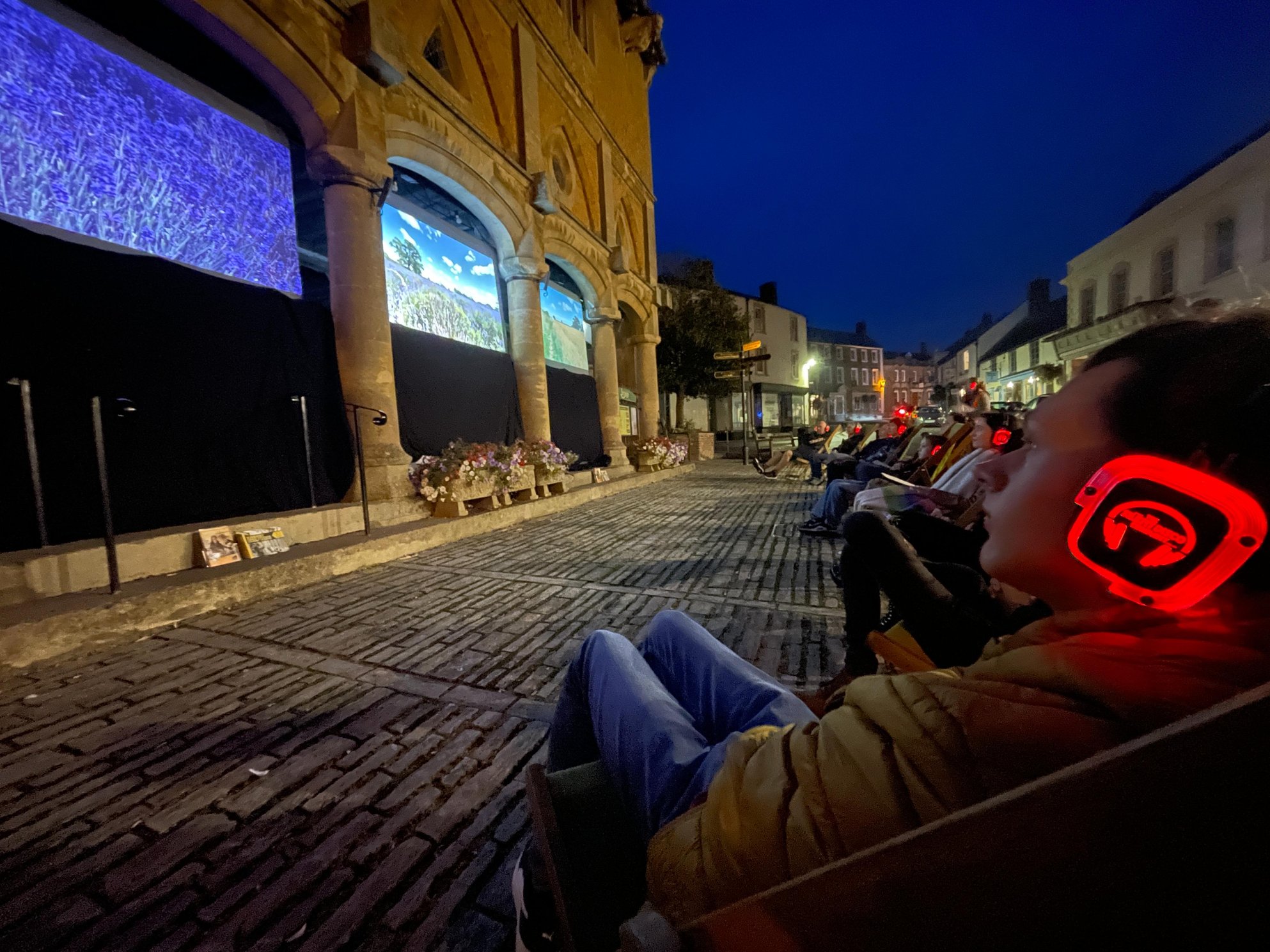
Is there anything you are currently working on?
This year, I’m immersed in several projects. Firstly, as ‘Image Maker in Residence’ artist residency with The Sociological Review Foundation at Lancaster University, I’m developing a short film about Hidden Disabilities. The residency offers me a unique platform to further evolve my Self-Care Scarfs project, which originated from a Develop Your Create Practice (DYCP) grant awarded by Arts Council England in 2023. The narrative of the film aims to advocate for a society that not only acknowledges but actively supports the diverse needs of individuals with hidden disabilities.
In parallel, I’m collaborating closely with Somerset Film’s Creative Technologist, Daniel Birch, on an ambitious project. Together, we’re crafting three thought-provoking experimental hybrid Soundscapes/Podcasts, named SlowPods. These sonic explorations delve into how the distinctive methodologies of disabled artists could offer a fresh perspective on our world. We aspire to offer insights and potential solutions to the urgent climate change crisis while envisioning a transformative future. At the heart of this exploration lies my own journey as a disabled and neurodivergent artist.
What is your top sustainability tip you would like to share?
My top sustainability tip revolves around not only the importance of creating art about climate change and sustainability but also examining our own behaviours and interactions with others. The art world can be very competitive and it’s crucial to recognise that if we’re perpetuating a competitive, hyper-productive mindset, we’re inadvertently supporting the very capitalist culture we aim to change. Therefore, my sustainability tip is to actively work on unravelling the capitalist imprint we carry within us. This involves slowing down and cultivating presence within our communities. By shifting away from the fast-paced, individualistic approach and fostering genuine connections with others, we can collectively strive towards a more sustainable and equitable future.
You can find more of Luminara’s work on her website and Instagram.
Want us to write more content like this? Give it a like
Share
